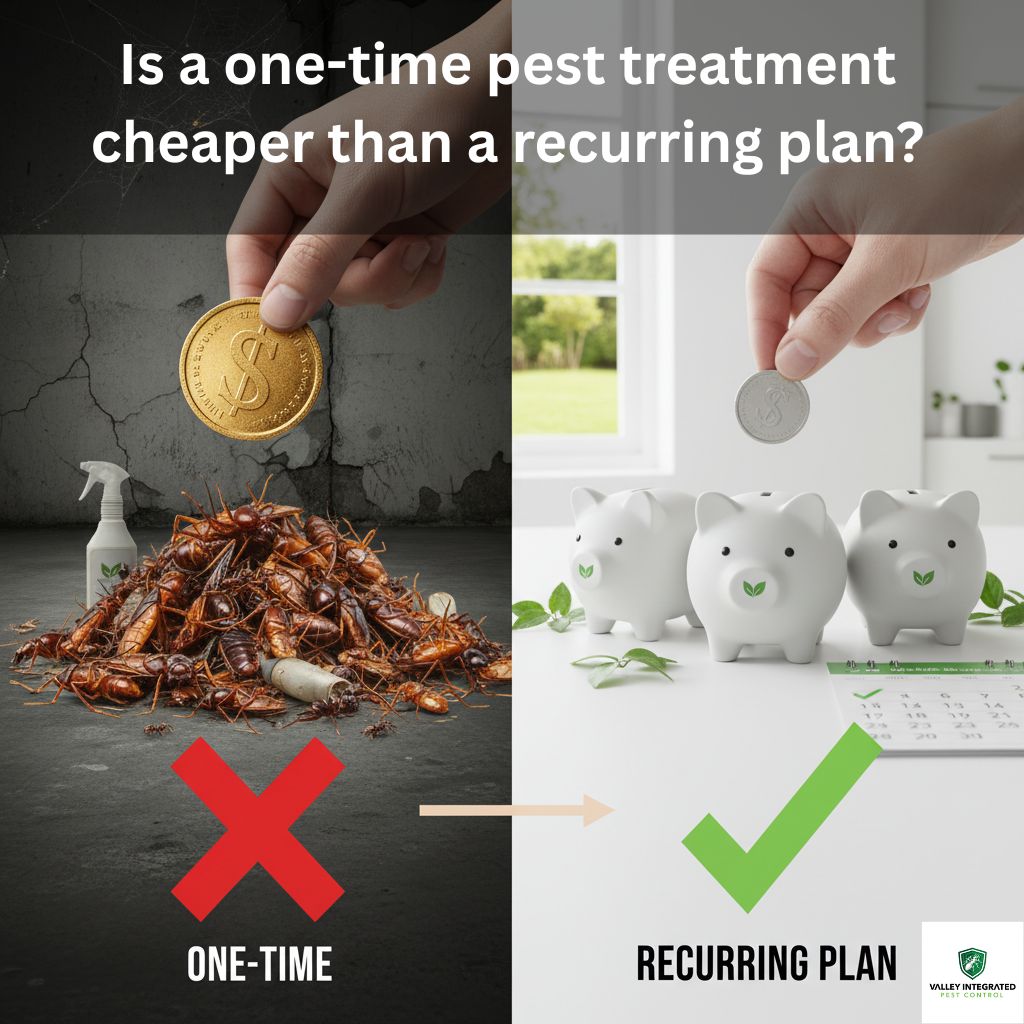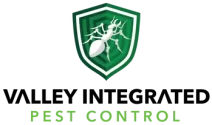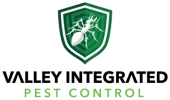Focusing on whether a one-time treatment is cheaper than a recurring plan is the wrong financial question; the most cost-effective pest control is determined by the provider’s competence, as a strategic service prevents expensive structural damage and avoids unnecessary chemical applications often hidden in low-cost, high-frequency plans.
The Hidden Costs of a ‘Cheap’ Pest Control Fix
Related: The hidden costs of ignoring a pest problem in your home
Every homeowner wants to solve a pest problem for the lowest possible price. This impulse often leads to a simple question: “What’s cheaper, a single pest spray or an ongoing service?” While the upfront cost of a one-time exterminator visit might seem lower, this view is dangerously shortsighted. The true cost of pest control isn’t measured by a single invoice but by the long-term health and integrity of your property.
A “cheap” one-time treatment often becomes the most expensive option. Consider a scenario where a technician arrives, sprays the perimeter of your home for a low flat fee, and leaves. You might see a temporary reduction in pests like spiders or ants. But what wasn’t done? There was no thorough inspection to find entry points, no identification of nesting sites, and no strategy to address the root cause of the infestation. Weeks later, the pests are back, and you’re right where you started, only poorer for the cost of the ineffective treatment.

This cycle of paying for temporary fixes is just one hidden cost. The more significant financial risk comes from unresolved infestations that cause structural damage. Pests like termites, carpenter ants, and rodents don’t just annoy; they destroy. A superficial spray won’t stop a subterranean termite colony from silently consuming the wooden frame of your home. The cost to repair that damage can run into the tens of thousands of dollars, dwarfing the price of any professional pest control plan. The Environmental Protection Agency (EPA) warns that if pesticides are misused, both health and property can be damaged, and a quick, low-cost spray without a proper diagnosis is a prime example of misuse.
Related: How much should I expect to pay for pest control in Fresno?
Beyond Spraying: The Financial Value of an Inspection-First Approach
The most significant shift in modern pest management is the move away from routine chemical application toward a strategic, inspection-first methodology. This is the core of Integrated Pest Management (IPM), a smarter approach that provides far greater long-term savings pest management. When you hire a competent professional, you aren’t just paying for a spray; you’re investing in expertise.
Here’s what that investment looks like in practice:
- Comprehensive Inspection: A true professional begins by inspecting your entire property. They identify not just the pests you see, but also the conditions that attract them. This includes looking for moisture issues, foundation cracks, overgrown vegetation near the home, and improper food storage. This is the difference between a reactive treatment and a proactive control plan.
- Precise Identification: Is it a pavement ant or a carpenter ant? Are those droppings from a mouse or a larger rat? The answer dictates the entire treatment strategy. Misidentification leads to the wrong products and methods, wasting time and money.
- Strategic Intervention: Based on the inspection and identification, an IPM professional develops a multi-faceted plan. This often prioritizes non-chemical methods first, such as sealing entry points (exclusion), removing food and water sources, and setting targeted traps. Chemical treatments are used surgically, applied only where they are needed most, rather than broadcast spraying an entire area. This reduces your family’s exposure to pesticides and is ultimately more effective.
This inspection-led model provides immense financial value. You pay for a permanent solution, not a temporary pause in pest activity. By addressing the “why” behind your pest problem, you achieve lasting control and prevent future infestations, making it the most sensible pest management budget for homeowners.
Red Flags vs. Green Lights: How to Vet a Pest Control Company
Your most critical decision is not choosing between a one-time service and a recurring plan, but selecting a competent and trustworthy provider. The market is filled with companies ranging from highly qualified experts to high-pressure sales operations. Knowing how to tell them apart is key to protecting your budget and your home.
Red Flags to Watch For
Be wary of companies that exhibit these behaviors. They often signal a focus on sales volume over effective pest management.
- High-Pressure Sales Tactics: A technician who tries to lock you into a long-term contract on the first visit without a thorough explanation of why it’s necessary. A good plan should sell itself based on a clear diagnosis of your property’s needs.
- Per-Gallon Pricing: The EPA explicitly advises consumers to be wary of companies that quote a per-gallon price for pest control. The cost should be based on the complexity of the job and the expertise required, not the volume of liquid sprayed. This tactic often encourages unnecessary chemical application.
- Vague or Secretive Answers: If a company can’t or won’t tell you the specific names of the pesticides they plan to use, or if they dismiss your safety concerns, walk away. Professionalism requires transparency.
- A “One-Size-Fits-All” Approach: If their solution for every problem is a “power spray,” they lack the expertise to implement a modern, effective IPM strategy.
Green Lights of a Quality Provider
A competent, professional company will demonstrate its value through its process and communication.
- Emphasis on Inspection: They insist on a detailed inspection of your home and property before recommending any treatment or plan.
- Clear, Customized Plan: They provide a detailed report of their findings and propose a customized pest control service agreement value that outlines the specific pests targeted, the methods to be used (including non-chemical ones), and the reasoning behind their strategy.
- Verifiable Credentials: They readily provide proof of their licensing and insurance. According to federal guidelines, each pest control company must have at least one certified, licensed commercial pesticide applicator in the proper service category. Ask to see that license.
- Transparency and Education: They take the time to answer your questions, explain the life cycle of the pest, and teach you how you can help prevent future issues. They are a partner in protecting your home.
Ultimately, the EPA states that when selecting a service, cost should not be the only factor that determines the company you pick. Competence is the real driver of value.
A Balanced Comparison: One-Time vs. Recurring vs. Strategic Management
To make a confident decision, it helps to see the options side-by-side. The key is to understand that a “Recurring Plan” from a low-quality provider is very different from “Strategic Management” from a high-quality one, even if both involve multiple visits per year.
| Feature | One-Time Pest Treatment | Low-Cost Recurring Plan | Competent, Strategic Management |
|---|---|---|---|
| Best For… | A single, clearly identifiable, and isolated pest issue (e.g., a wasp nest on a shed, a few ants by a window). | Homeowners seeking the perception of protection for the lowest monthly fee, often driven by aggressive marketing. | Proactive property owners who want to prevent problems, protect their investment, and minimize chemical use. |
| Cost Structure | One upfront fee. Can seem cheapest initially. | Low monthly or quarterly fees. Can have a higher total annual cost with questionable value. | Higher initial service cost for inspection and setup, followed by customized quarterly or bi-monthly maintenance fees. Best long-term value. |
| Long-Term Effectiveness | Low. Often fails to address the root cause, leading to re-infestation. | Variable to low. May suppress visible pest activity but rarely solves underlying structural or environmental issues. | High. Focuses on prevention and exclusion for lasting results. |
| Risk of Unnecessary Chemicals | Moderate. May involve a broad application to ensure the single visit “works.” | High. The business model often relies on scheduled spraying, regardless of actual pest activity. | Low. Adheres to IPM principles, using chemicals surgically and as a last resort. |
| Protection Against Structural Damage | None. This service is reactive and doesn’t monitor for silent destroyers like termites or carpenter ants. | Minimal. Technicians may not be trained or incentivized to perform the detailed inspections needed to find these threats. | Excellent. Regular, expert monitoring is the best defense against costly structural pest damage. |
Answering Your Key Pest Control Questions
Is it worth getting a pest control plan?
For most homeowners, yes, a pest control maintenance plan is a good investment. Your home is likely your largest asset, and a strategic plan is a form of insurance against costly damage from pests. It provides peace of mind and proactive protection, which is far more valuable and less stressful than reacting to a full-blown infestation.
Should pest control be monthly or quarterly?
The right frequency depends on your specific situation. For general preventative care in most residential settings, a quarterly pest control plan is worth it and provides excellent protection. High-pressure environments, like homes in wooded areas, or commercial properties like restaurants, may benefit from a bi-monthly or monthly service. Avoid any company that pushes a single frequency for all customers; the service should be tailored to you.
What is the hardest pest to get rid of?
While this can depend on the region, pests like German cockroaches, bed bugs, and subterranean termites are notoriously difficult to eliminate. They are cryptic, reproduce rapidly, and can develop resistance to pesticides. These are not DIY problems and are the perfect example of why professional expertise is required. A one-time spray is almost guaranteed to fail against these invaders; they require a persistent, strategic, and often multi-faceted management approach to achieve complete control.
Making the Right Choice for Your Needs
There is no single “best” option that fits everyone. The most cost-effective solution depends entirely on your situation, goals, and risk tolerance.
For the Price-Shopper:
If your primary focus is the lowest upfront cost for a visible, isolated problem—like a single wasp nest away from the house—a one-time treatment can be an appropriate choice. However, your due diligence is critical. Vet the company thoroughly. Ensure they are licensed and insured. An improper treatment from an unqualified provider can make the problem worse or cause damage, erasing any initial savings.
For the Proactive Homeowner:
If you view your home as a long-term investment and want to prevent major problems before they start, a strategic, recurring pest management plan is the clear winner. You are not just buying a spray; you are investing in expert monitoring and preventative maintenance that protects your property’s value. Look for a provider who emphasizes Integrated Pest Management and customizes a plan based on a thorough inspection of your home.
For the Business Owner:
For any commercial client, pest control is a non-negotiable aspect of operations, reputation, and regulatory compliance. The choice is simple: you need a reliable, expert pest management partner. The cost is secondary to effectiveness, documentation, and liability protection. A competent, strategic provider who offers detailed service reports and a comprehensive IPM plan is the only viable option to protect your business.
Ultimately, the most cost-effective pest control is the one that works permanently and prevents expensive future problems. This is achieved not by choosing the cheapest payment schedule, but by partnering with a competent, licensed professional who puts strategy before spraying. For homeowners in Fresno, CA, and the surrounding areas seeking a transparent, expert assessment of their property, Valley Integrated Pest Control provides customized solutions built on decades of experience. Contact our team today for a thorough inspection and a free, no-obligation quote.





